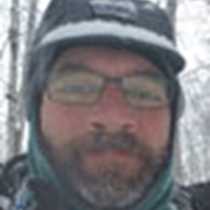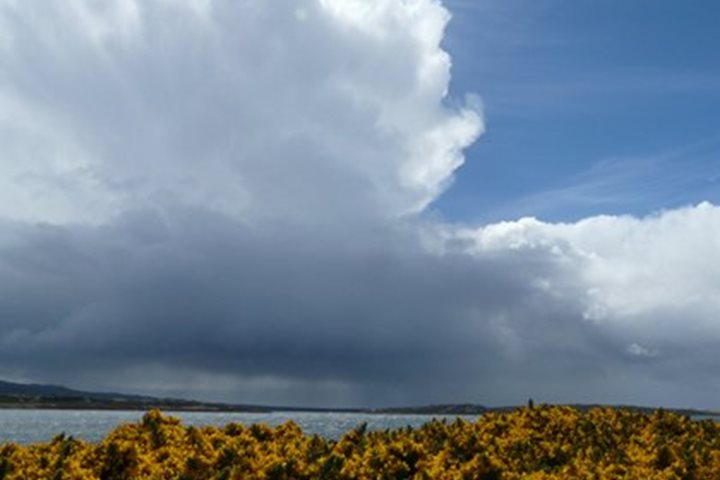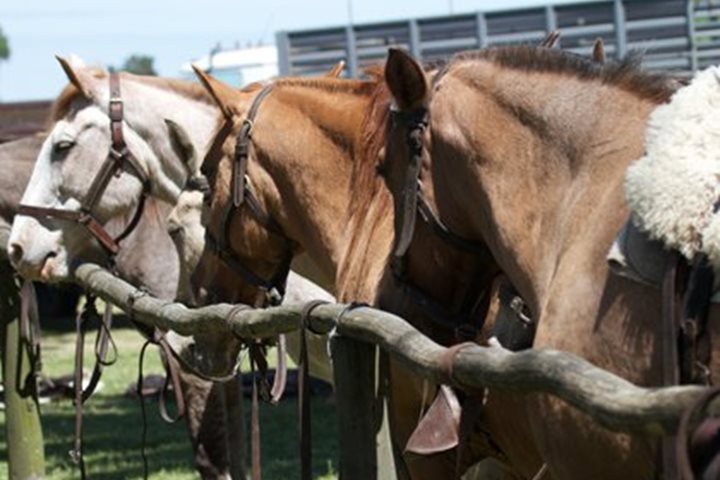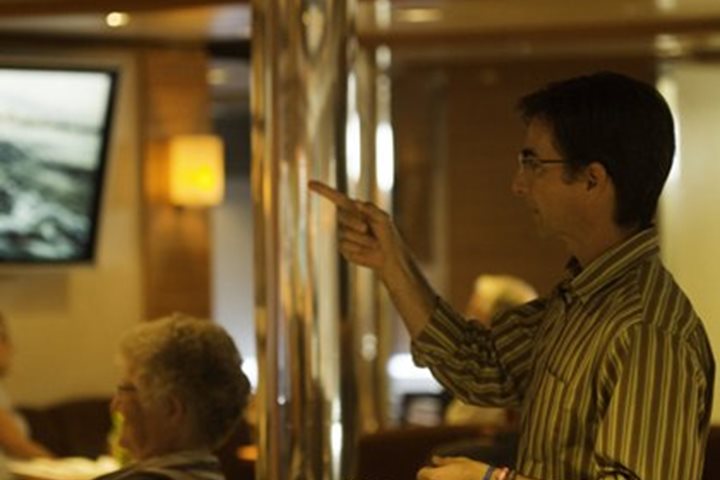Today, the 3rd and final day of this crossing from the Amazon delta city of Belem to the remote island of Fernando de Noronha we would have another full pallet of presentations from our staff and Global Perspectives guest speakers. Days at sea also make for great opportunities to reflect on experiences past, catch up on managing the hundreds of photographs, or just relax on deck and take in the tropical sea air.
Tom Ritchie would kick off the day with an extremely informative talk on the history and development of Quinine as an anti-malarial and the connection with the tropical forests of South America. Next our Global Perspective guest speaker Tom Lovejoy provided wonderful insight into his vast experience in the Amazon as one of the leading biologists in Amazon conservation beginning in 1965 and continuing today.
By lunchtime on board we had already picked up at least one of the anticipated avian hitchhikers of this part of the tropical ocean. At first a lone masked booby came along in tow using the updrafts and currents created by the ship as it soared above the decks eagerly awaiting the opportunity to swoop down, plunge into the water and catch an unsuspecting flying fish fleeing the pressure wave from the ship. Later in the day we would have several birds and at least a couple red-footed boobies that, rather than plunging in the water for their meal, swipe the fleeing flying fish right out of the air, making for quite an entertaining afternoon and providing some wonderful chances for photographing these animals.
The afternoon would be filled with more lectures, one from historian Mark Curran introducing us to the rich cultural aspects of Brazil. Later in the afternoon an insightful and informative panel discussion was organized, dealing mainly on the topic of climate change and the relevance of science in the debate. Jim Kelly, Lindblad geologist and oceanographer, and Tom Lovejoy, conservationist, scientist, and author, would exchange ideas, concepts, and help shed light on some of the confusion this debate has brought. Ethno botanist and author Wade Davis facilitated the discussion and many questions and comments from guests would help to stimulate the discussion.
Another beautiful sunset over the tropical waters would conclude our day bringing the anticipation of our arrival to Fernando de Noronha that much closer to fruition.






